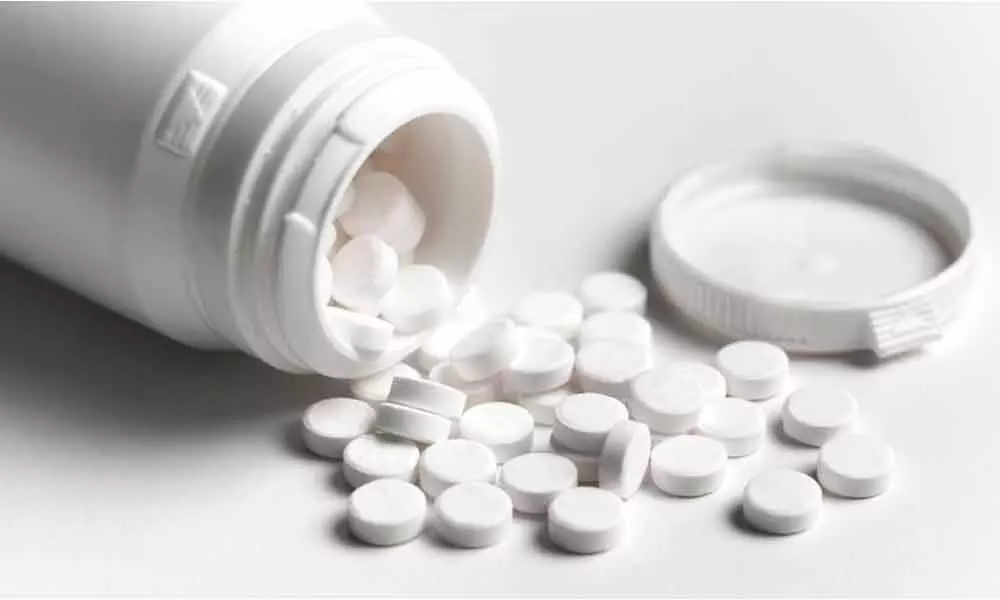Aspirin may lessen effects of air pollution exposure on lung function

In a new study, it has been found that aspirin might be capable of reducing the adverse effects of air pollution. The findings published in the American Journal of Respiratory and Critical Care Medicine highlight that nonsteroidal anti-inflammatory drugs (NSAIDs) like aspirin may lessen the effects of air pollution exposure on lung function.
Washington: In a new study, it has been found that aspirin might be capable of reducing the adverse effects of air pollution. The findings published in the American Journal of Respiratory and Critical Care Medicine highlight that nonsteroidal anti-inflammatory drugs (NSAIDs) like aspirin may lessen the effects of air pollution exposure on lung function.
Researchers analyzed a subset of data collected from a cohort of 2,280 male veterans from the greater Boston area who were given tests to determine their lung function. The average age of participants was 73 years.
The researchers examined the relationship between test results, self-reported NSAID use, and ambient particulate matter (PM) and black carbon in the month preceding the test, while accounting for a variety of factors, including the health status of the subject and whether or not he was a smoker.
They found that the use of any NSAID nearly halved the effect of PM on lung function, with the association consistent across all four weekly air pollution measurements from same-day to 28 days prior to the lung function test.
Because most of the people in the study cohort who took NSAIDs used aspirin, the researchers say the modifying effect they observed was mainly from aspirin, but add that effects of non-aspirin NSAIDs are worthy of further exploration.
Researchers speculate that NSAIDs mitigate inflammation brought about by air pollution. "It is still important to minimize our exposure to air pollution, which is linked to a host of adverse health effects, from cancer to cardiovascular disease," said first and corresponding author Xu Gao, PhD, a post-doctoral research scientist in the Department of Environmental Health Sciences at the Columbia Mailman School.











